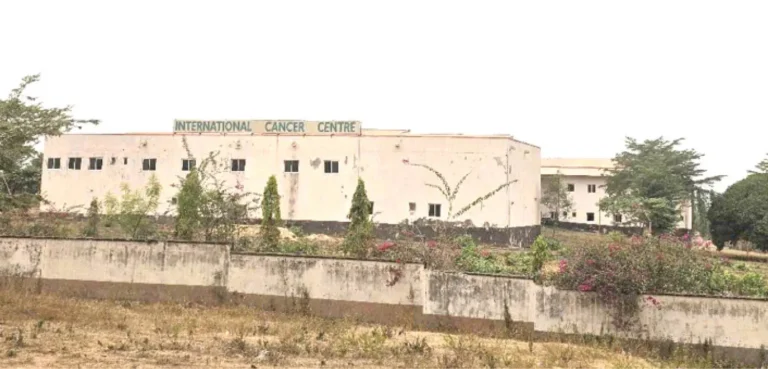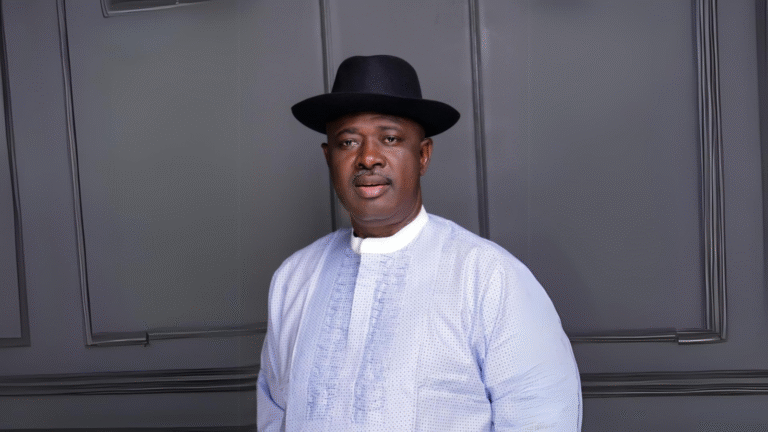
NIGERIANS who talk about revolutions should be interested in the revolutions taking place in the judiciary, especially as they affect bail conditions for suspects. Under what most judges term a stringent bail conditions, suspects are given conditions that are almost impossible to meet.
From the fantabulous sums to the calibre of persons who should be sureties, it is certain that bail conditions are becoming instruments for deterring suspects from enjoying some measure of freedom.
We think bails have their purpose in the determination of matters, where bails are applicable. If a judge, for spurious reasons, usually at the instance of the prosecution, denies a suspect the right to bail, it is an abridgement of that right and an abuse of the judges’ discretion in giving the bail conditions. Suspects have their rights, and one of them is the abbreviated liberty the law provides for them.
Many of them have been denied the right under one guise or the other. Even in cases of those who fall ill in detention, the bail conditions take no notice of their illness or the fact that they may need medical assistance abroad and urgently.
Three directors of Transcorp Hilton on trial got bail conditions that included paying N500 million each and a surety (a top civil servant) to also deposit N500 million for each of the directors. If it is assumed that the suspect would have N500 million, how would a civil servant make savings of N500 million? In another case of alleged fraud, again against civil servants, the suspects were to post a bail bond of N50 million and a surety in like manner.
The suspects cannot meet the conditions. The court had refused them bail by other means. Attention of the Nigerian Bar Association, the Chief Justice of Nigeria, the police and others in the judicial processes, is needed to get the courts stop further abuses of rights of suspects.
The fabulous sums the courts ask for bails are oppressive. They thwart a suspect’s right to momentary freedom and easier access to his legal team. The courts should not be seen as denying suspects their rights. If the courts cannot provide some comfort for suspects, then it would be a great blow to people’s confidence in courts, and a negation of the judiciary’s place.







